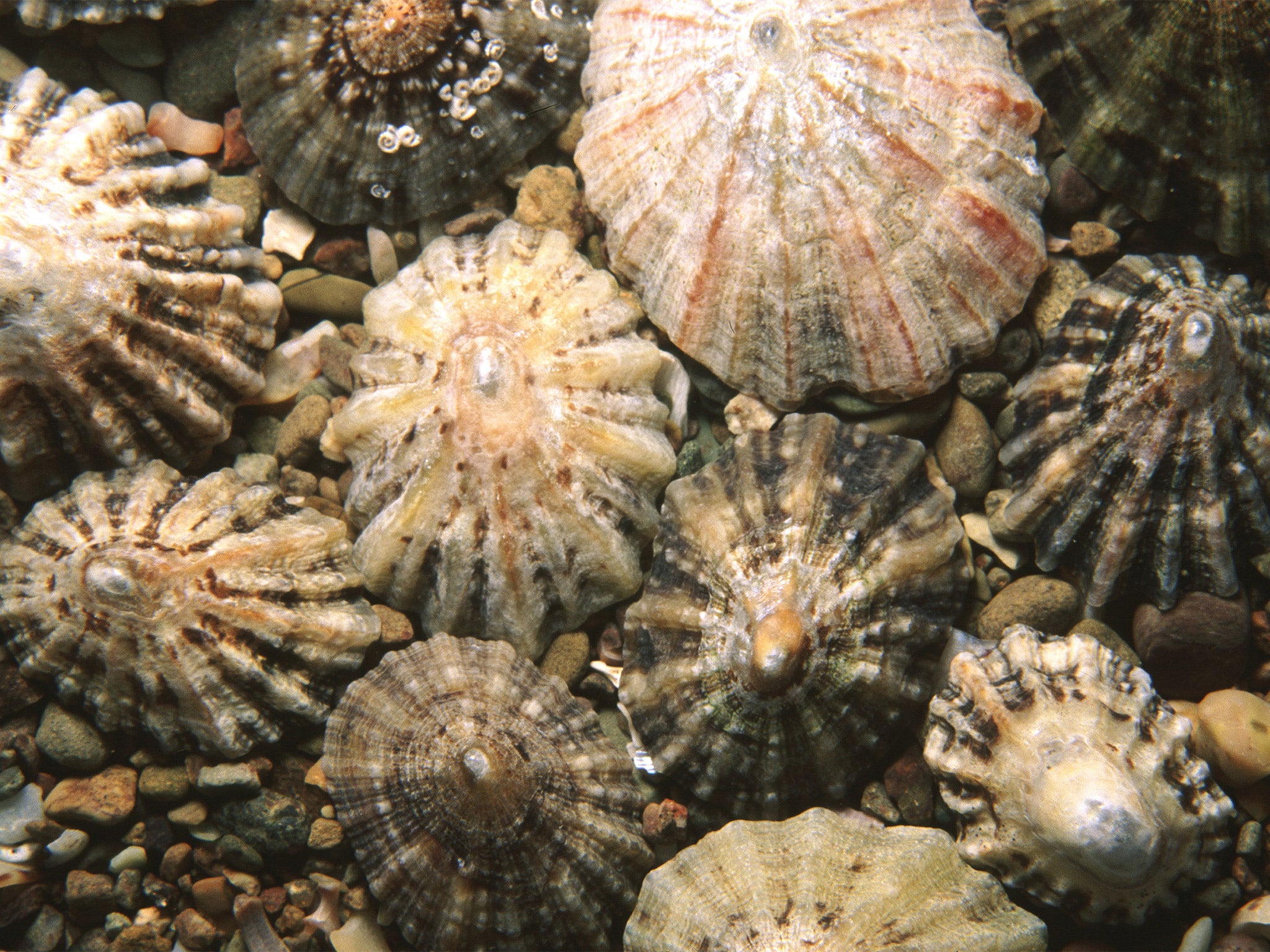The strongest materials in the world: Limpet teeth beats record resistance of spider silk
Some scientists claim spider silk, and by extension sea snail teeth, are stronger than metals such as steel

Your support helps us to tell the story
From reproductive rights to climate change to Big Tech, The Independent is on the ground when the story is developing. Whether it's investigating the financials of Elon Musk's pro-Trump PAC or producing our latest documentary, 'The A Word', which shines a light on the American women fighting for reproductive rights, we know how important it is to parse out the facts from the messaging.
At such a critical moment in US history, we need reporters on the ground. Your donation allows us to keep sending journalists to speak to both sides of the story.
The Independent is trusted by Americans across the entire political spectrum. And unlike many other quality news outlets, we choose not to lock Americans out of our reporting and analysis with paywalls. We believe quality journalism should be available to everyone, paid for by those who can afford it.
Your support makes all the difference.Limpet teeth has displaced spider silk as the strongest natural material in the world, according to new research from the University of Portsmouth.
That strength, however, could be hard to comprehend, with Professor Asa Barber, who led the study, rather confusingly likening the feat to a piece of spaghetti enduring the force of 3000 bags of sugar.
Scientists don't actually use bags of sugar to test ultimate-tensile-strength; what they normally do is take a specifically sized sample of the material and try to pull it apart using something called a tensometer which increases the force until the thing breaks.
Barber and his cohorts used a new technique: an atomic force microscopy that pulled apart the tooth material all the way down to the level of the atom — the sample used was 100 times thinner than the breadth of a human hair.
The ability to withstand that pressure is measured in gigapascals (GPa).
The mineral-protein composite of which the limpet teeth are made has a GPa of 4.9.
To put that in perspective, it's almost five times as strong as bamboo, and ten times as strong as human teeth.
Limpets, which are essentially very small sea snails, have 1mm teeth made of "an almost ideal" mix of protein supported by fine mineral nanofibers called goethite, according to Barber.
Some scientists took issue with this characterisation following a move to breed 'spider goats' that could produce milk with extra protein that could be converted into the super strong silk.
Man-made materials are predictably better at withstanding pressure, with graphene-based nanoplateletes among the several chemical concoctions reporting GPa well into double figures.
But those sea snail teeth is the strongest natural substance around, incredibly durable even in comparison to manufactured materials, and may yet be used in the development of material for high-performance engineering applications like Formula 1 cars, and aircraft structures.
Join our commenting forum
Join thought-provoking conversations, follow other Independent readers and see their replies
Comments